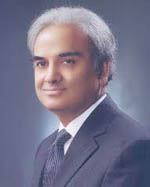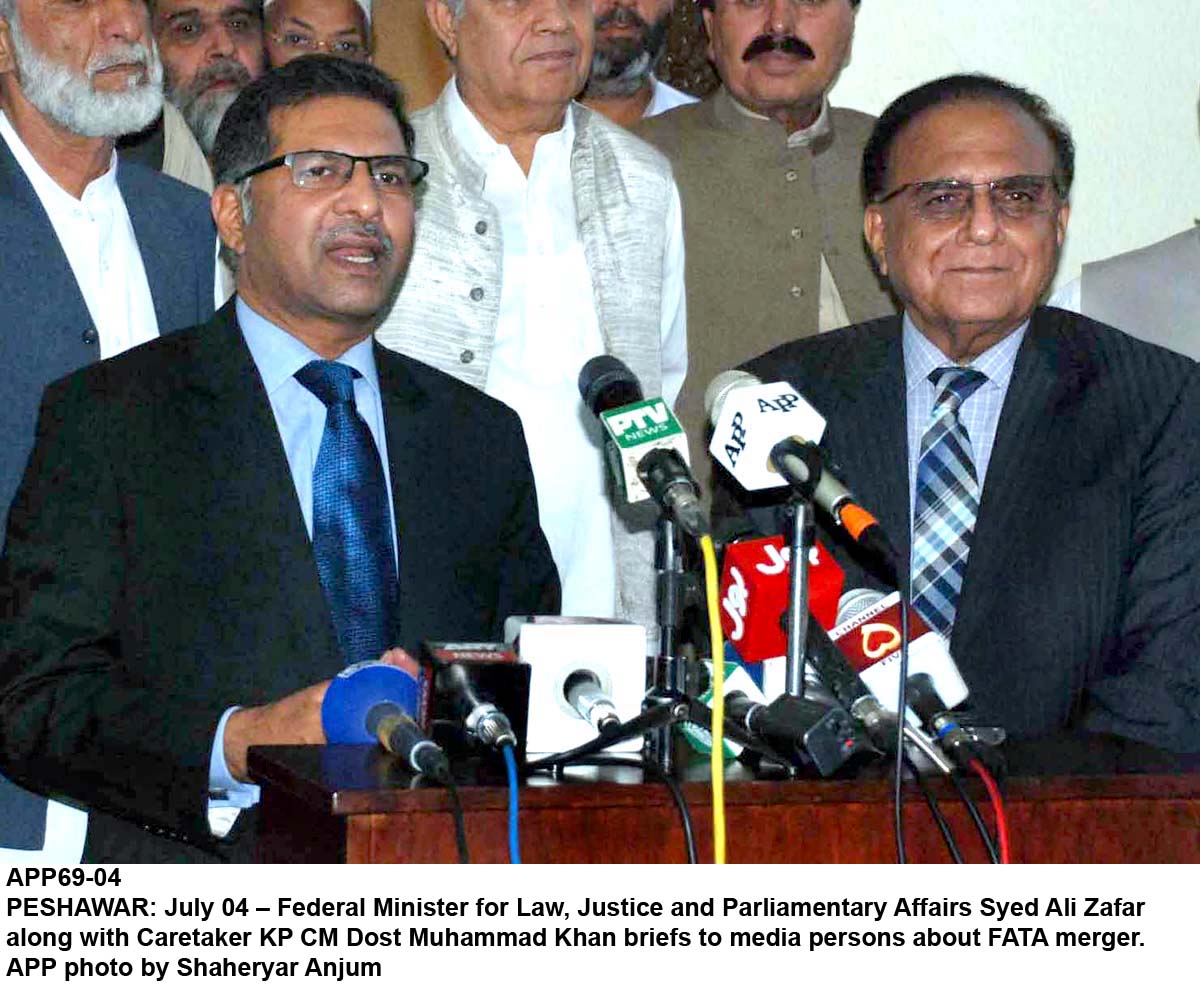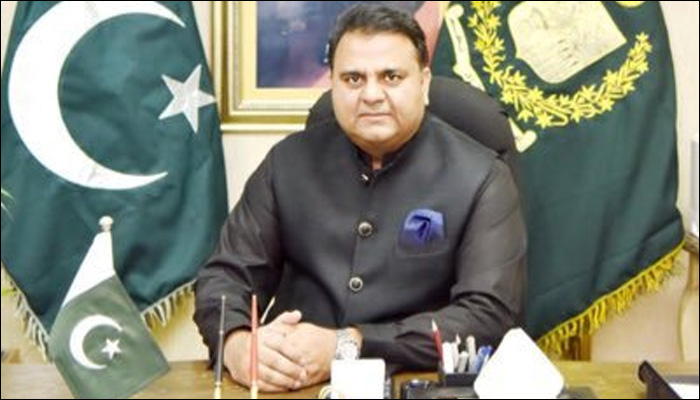ISLAMABAD, Apr 17 (APP): World Hemophilia Day a global healthcare event is commemorated on April 17 every year to increase awareness about hemophilia and similar bleeding disorders. The day aims to disseminate knowledge about the condition and recognize the efforts of volunteers supporting the hemophilia community.
Hemophilia is an uncommon blood disorder characterized by inadequate blood clotting, resulting from a deficiency in clotting factors. This deficiency can lead to prolonged bleeding. Although there’s currently no cure, treatments are available to help manage the condition.
The theme of this year is “Equitable Access for All: Recognizing All Bleeding Disorders.” This theme underscores the importance of ensuring that every individual affected by inherited bleeding disorders, irrespective of the specific type of condition, gender, age, or geographic location, has fair and equal access to appropriate treatment and care.
On this occasion, Zamurrad Khan, the Pattern chief of Pakistan Sweet Homes, highlighted that approximately 20,000 children have been rescued from life-threatening situations of hemophilia through blood donations from the Sweet Homes volunteers, comprising young individuals.
Zamurrad Khan emphasized that the youth are invaluable assets to the nation, and those who selflessly serve their fellow countrymen can positively impact the destiny of the country.
He expressed his joy in witnessing the youth actively participating in the noble endeavor of saving innocent lives through substantial blood donations.
Hemophilia, a hereditary bleeding disorder, results in inadequate blood clotting, causing spontaneous bleeding and prolonged bleeding after injuries or surgical procedures. This condition arises from deficient or low levels of clotting factor proteins essential for controlling bleeding. Individuals with hemophilia experience prolonged bleeding duration compared to those without the disorder following injuries.
The condition, more prevalent in males, arises from genetic mutations that disrupt the body’s ability to halt bleeding. This day is devoted to supporting the worldwide bleeding disorders community and promoting access to care and treatment for individuals affected by such disorders, regardless of age, gender, or location. Presently, there is no cure for this bleeding disorder, highlighting the importance of implementing measures for its management.














